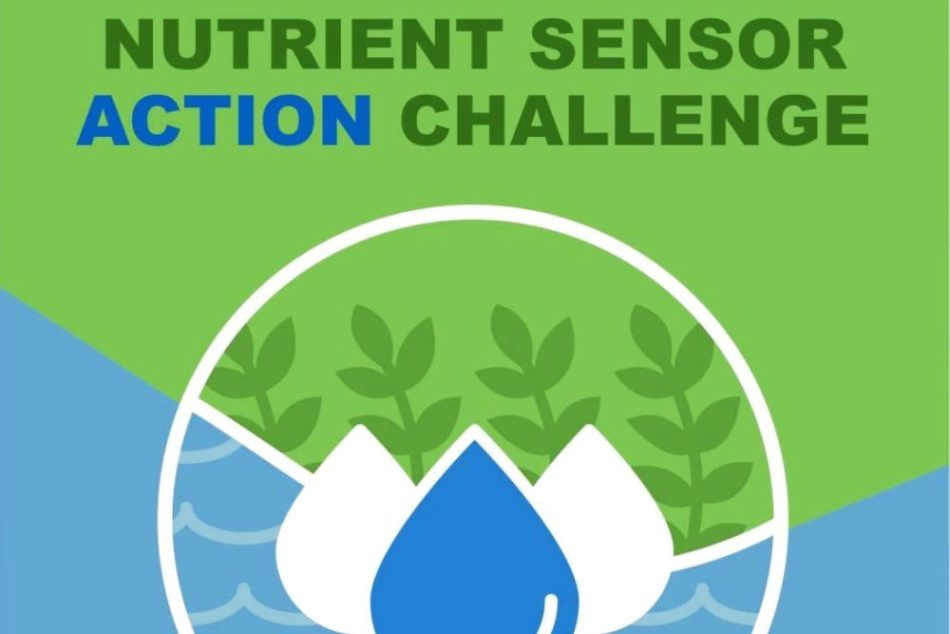Jul 31 2017
To combat a form of environmental contamination known as nutrient pollution, a federal coalition recently challenged states and local communities to use affordable specialized sensor systems via the Nutrient Sensor Action Challenge, a program that began in 2014.
 Credit: American Security News
Credit: American Security News
When excessive nitrogen and phosphorus enter air and water, nutrient pollution ensues, breeding algae and contributing to health risks for humans, animals and industries dependent on clean water, according to an announcement.
Teams are encouraged to enter the Nutrient Sensor Action Challenge’s first stage by Sept. 20 with action plans demonstrating how to incorporate information from sensors into decision-making and creating partnerships to further support data management.
Judges will award $50,000 in prizes to top contenders, with invitations to continue participation with the second stage. By sharing technology and strategies, the program can assist regional and local jurisdictions in reducing nutrient pollution.
Constituents are invited to view a webinar at 2 p.m. on Aug. 2 to learn more.
The challenge is a partnership between the Environmental Protection Agency, the U.S. Geological Survey, the U.S. Department of Agriculture, the National Institute of Standards and Technology and the National Oceanic and Atmospheric Administration-led U.S. Integrated Ocean Observing System.
Joining the five agencies is the Alliance for Coastal Technologies, a consortium of research groups, resource managers and private firms committed to instituting the nutrient sensor program.